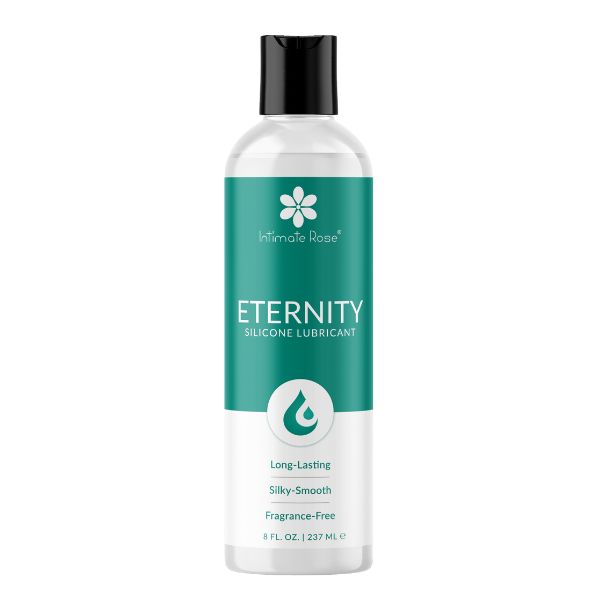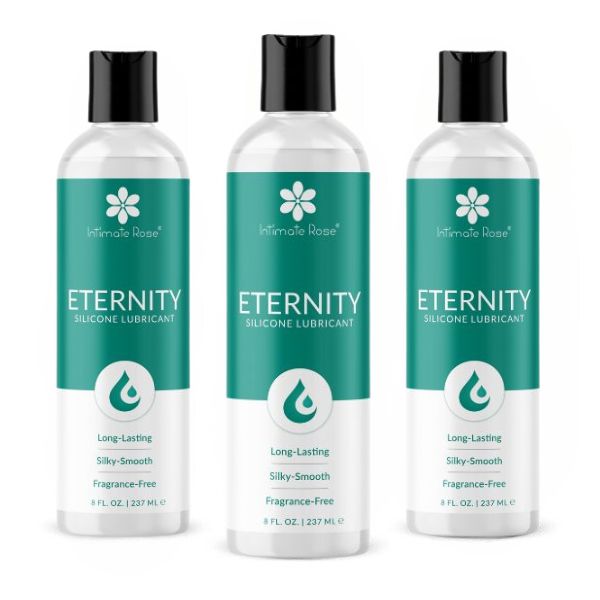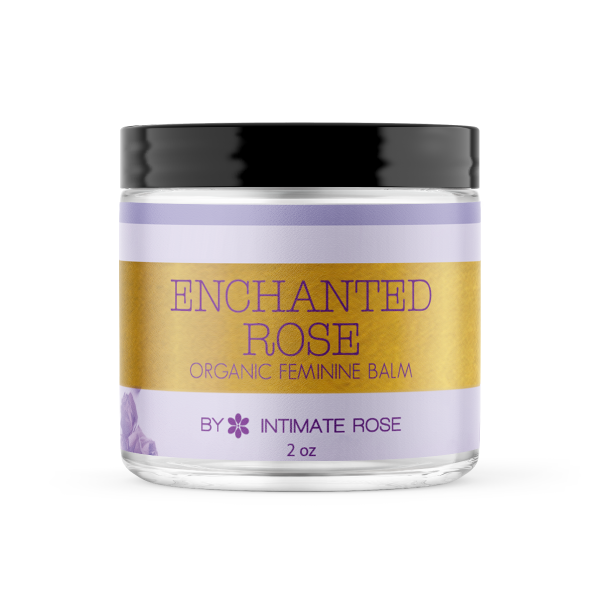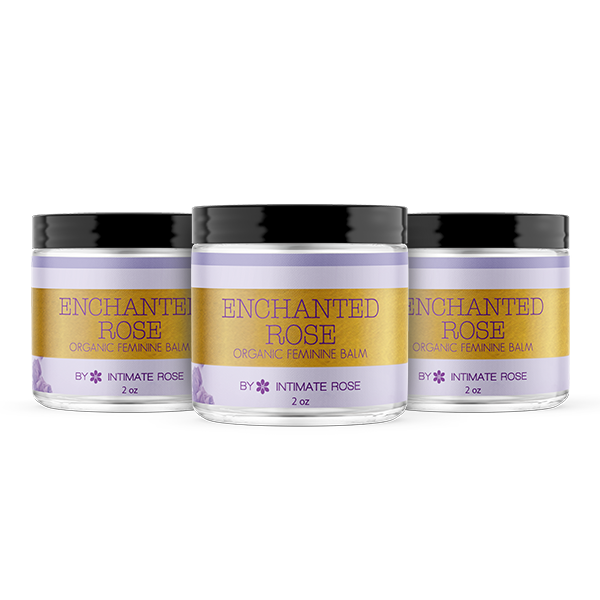Breast cancer is the most common type of cancer, other than skin cancer, affecting women globally. In addition to genetics, the risk of developing breast cancer can be influenced by several lifestyle factors including; being overweight, drinking alcohol, getting older, not exercising, or smoking.
Using menopause hormone therapy (MHT) to ease symptoms during the menopause transition has also been linked to a slightly increased risk of developing breast cancer. Contrary to media reports, however, the risk is significantly lower than that associated with drinking alcohol, smoking, or being overweight.
Read on to understand more about MHT and breast cancer risks, how the benefits of MHT outweigh the risks, why some types of MHT are less risky than others, and if it’s safe to take MHT for longer than 10 years.
Why is MHT Recommended for Menopause
During the transition from the reproductive stage of life into menopause, a decline in the production of the sex hormones, estrogen and progesterone, signals the ovaries to begin shutting down. This transition, known as perimenopause, usually starts between ages 44-51 and typically lasts 7-12 years.
While estrogen and progesterone levels diminish, the ovaries release fewer eggs and menstruation becomes irregular as women gradually transition into the ‘non-fertile’ phase of life. In addition to the reproductive system, estrogen and progesterone support other body parts too.
Estrogen, for example, plays a supporting role in brain health, cognitive function, emotional regulation, heart health, muscle mass, bone density, and healthy skin. Progesterone, in addition to supporting a healthy uterine lining, also supports sleep and mood.
Therefore, while supplementing estrogen and progesterone in the right way, can certainly improve women’s quality of life by easing obvious menopause symptoms, such as mood swings, brain fog, vaginal dryness, and poor sleep, MHT also helps prevent additional health issues linked to declining estrogen levels.
For instance, the supplemented estrogen in MHT can help prevent cardiovascular disease during and after menopause by regulating blood pressure, lowering oxidative stress, and preventing cardiac fibrosis.
Instead of losing muscle mass, joint flexibility, and bone strength due to declining estrogen levels during the menopause transition, the estrogen in MHT can help prevent all three, and the onset of osteoporosis.
So Why Is It Reported that MHT is Risky?
Most bad press surrounding MHT arose from poorly reported studies and inaccurately interpreted results, which were later corrected.
This is particularly true for the 2002 study by the Women’s Health Initiative (WHI), which was largely based on women over 60. The results incorrectly suggested that MHT increased the risk of breast cancer, clotting, heart disease, and stroke in all women, irrespective of age or prior disease.
Before the 2002 WHI study, MHT was considered a low-risk, menopause-symptom reliever that could also help prevent the onset of chronic conditions such as heart disease and osteoporosis after menopause. After the misleading results were published, however, the popularity of MHT dropped by 80%, denying an entire generation of women effective and beneficial treatment.
In subsequent studies, it was recognized that women experience menopause in different ways and therefore treatment should be individualized based on each person’s experience.
Consequently, when age, prior conditions, uterus status, and menopause symptoms are considered, the benefits provided by MHT were proven to surpass the small risks erroneously applied to every woman in the WHI study.
Today, MHT can be administered as pills, patches, gels, creams, sprays, rings, or IUDs. Each is associated with benefits and risks according to an individual’s overall health and medical history. It is therefore highly recommended that women aged 40-50 schedule an evaluation with a menopause expert to determine the correct type and dose of MHT for their situation.
Understanding the Difference Between Combined Therapy vs Estrogen-Only Therapy
Prior to the 1970s, MHT was largely based on estrogen-only therapy which was later linked to hyperplasia (a thickening of the uterine lining) and an increased risk of endometrial cancer.
However, results from an important study in the 1970s revealed that adding progesterone to estrogen therapy could protect the uterus lining from hyperplasia and the risk of endometrial cancer.
This finding led to a worldwide medical understanding that women with a uterus should always be prescribed combined hormone therapy (estrogen and progesterone) to ease menopause symptoms while protecting the heart, bones, muscles, brain, and skin from declining estrogen levels. Whereas, women who have undergone a hysterectomy (surgical removal of the uterus) can safely take estrogen-only therapy because there is no uterine lining to protect.
MHT and Breast Cancer Risk
Although researchers have worked diligently to debunk the distorted results of the 2002 WHI study, mistruths about MHT and breast cancer risks are still widespread and many doctors lack the expertise to reassure their patients.
Essentially, the risk of developing breast cancer from taking MHT is slight but also dependent on various factors. These include each patient’s general health and age, when they reached menopause, the type, and dose of MHT, and how long they take it.
As mentioned above, several types, doses, and combinations of MHT are available, and prescribing the correct type and dose for each individual can increase the benefits and decrease the risks. Below are some scientifically based facts that can help put your mind at ease.
Combined MHT and The Slight Risk of Breast Cancer Explained
Combined MHT which contains estrogen and progestin is linked to a small increase in the risk of developing breast cancer. Although the risk is slight, it has been wildly exaggerated by the media and further confused women about using MHT.
Both synthetic progestin and bioidentical (body identical) progesterone are still prescribed as part of combined MHT. While the risk of breast cancer is considered low when taking synthetic progestin, there is no risk linked to the micronized bioidentical progesterone pill.
Women Under Age 51 Have No Increased Risk of Breast Cancer When Taking Combined MHT
Women who start menopause before the age of 51 are not at risk of developing breast cancer from combined MHT because they are merely replacing the hormones (estrogen and progesterone) that their body would naturally produce to support the body at this age.
Breast Cancer Risks Are Lowest with Estrogen-only MHT
Several studies have concluded that when taking MHT, the risk of breast cancer is lowest with estrogen-only hormone therapy. However, estrogen-only is recommended solely for women who have had a hysterectomy. This is because progesterone eliminates the risk of hyperplasia and endometrial cancer for those who have a uterus.
Women who have had a hysterectomy, however, can safely take estrogen-only therapy without increasing their risk of developing breast cancer.
A Family History of Breast Cancer Doesn’t Mean You Can’t Take MHT
It is widely reported that women who have a family history of breast cancer cannot take MHT. However, this is not true. Even those with the BRCA gene can be very good candidates for MHT.
Whatever your case may be when experiencing menopause, it’s worth scheduling a consultation with a menopause expert to understand your options.
Can Taking MHT For Longer than 5 Years Increase the Risk of Breast Cancer?
It is often suggested that women take MHT for no longer than 5 or 10 years to avoid increased risks of breast cancer. However, no credible evidence exists to support this theory.
Updated 2024 guidelines from NICE (National Institute for Health and Care Excellence) recommend that if the benefits are greater than the risks, women can safely continue using MHT forever.
Due to a lack of updated information, some healthcare practitioners may be reluctant to continue prescribing MHT after 5-10 years. If this is the case for you, consider consulting with a menopause expert willing to evaluate your situation and adapt MHT doses accordingly as you age.
Is it Safe to Start MHT After Menopause?
Although it is still widely reported that hormone therapy could be risky if started more than 10 years after menopause, there is very little evidence to support this theory. It has, however, been medically recognized that low hormone levels after menopause can contribute to cardiovascular disease, osteoporosis, diabetes, and dementia.
Based on the benefits for the heart, brain, and bones, many menopause experts support the commencement of MHT at any age after menopause once a thorough evaluation has been carried out, and annual check-ups are scheduled.

Get your personalized HRT plan!

Get your personalized HRT plan!
How to Further Reduce the Risk of Breast Cancer
Regardless of taking MHT, you can further reduce the slight risk of breast cancer by quitting smoking and reducing or eliminating alcohol. It also helps to eat a well-balanced and nutritious diet to manage weight gain and exercise at least three times a week for 20 minutes.
All women over the age of 40, and some younger women with special considerations, are also advised to schedule annual breast cancer screenings to monitor any changes in their breast tissue.
Conclusion
Contrary to a poorly presented study over 20 years ago and headline-grabbing publicity ever since MHT does not pose a high risk of breast cancer. In fact, the risk of developing breast cancer when taking MHT is only 2% higher than developing it when not taking MHT.
If you are worried about the reported risks of breast cancer linked to MHT, schedule an appointment with a menopause expert to learn more and put your mind at rest. Modern MHT is available in different types, doses, and combinations that can be adapted to suit every menopausal woman’s needs without adversely affecting their overall health.
Based on a myriad of scientific research over the last two decades, MHT is now considered one of the best ways to treat a variety of menopause symptoms while also supporting the body through a stage of estrogen decline.
References
Menopause Alliance Australia – MHT The New Term for HRT - https://menopausealliance.au/menopause/menopausal-hormone-therapy-mht-the-new-hrt/
Maturitas - Reappraising 21 years of the WHI study: Putting the findings in context for clinical practice - https://www.maturitas.org/article/S0378-5122(23)00358-4/fulltext
American Heart Association - Menopause Transition and Cardiovascular Disease Risk: Implications for Timing of Early Prevention: A Scientific Statement From the American Heart Association - https://www.ahajournals.org/doi/10.1161/CIR.0000000000000912
The World Health Organisation – Breast Cancer - https://www.who.int/news-room/fact-sheets/detail/breast-cancer
National Library of Medicine - Trial overstated HRT risk for younger women - https://pmc.ncbi.nlm.nih.gov/articles/PMC5415400/
Climacteric - The evidence base for HRT: what can we believe? - https://www.tandfonline.com/doi/abs/10.1080/13697137.2017.1280251?journalCode=icmt20
Sage Journals - The British Menopause Society & Women’s Health Concern 2020 recommendations on hormone replacement therapy in menopausal women - https://journals.sagepub.com/doi/10.1177/2053369120957514
British Medical Journal - Use of hormone replacement therapy and risk of breast cancer: nested case-control studies using the QResearch and CPRD databases - https://www.bmj.com/content/371/bmj.m3873
National Institute of Health and Care Excellence - Effects of Hormone Replacement Therapy on Specific Health Outcomes in People Aged 40 or Over - https://www.nice.org.uk/guidance/ng23/chapter/Recommendations#effects-of-hormone-replacement-therapy-on-specific-health-outcomes-in-people-aged-40-or-over
Hormonal and Non Hormonal Menopause Relief


Get your personalized HRT plan!












